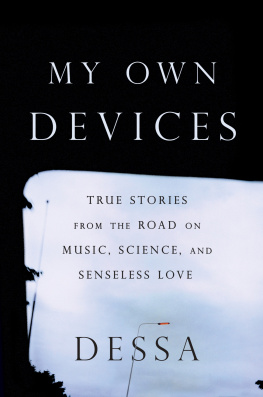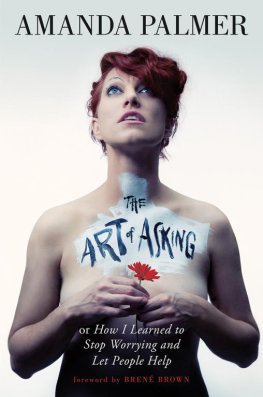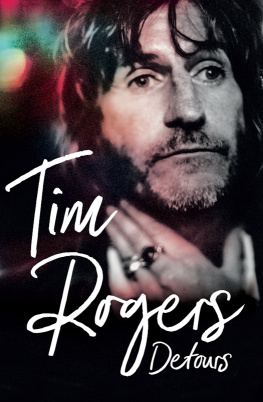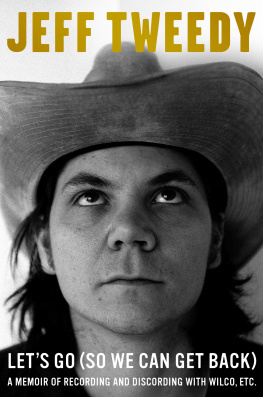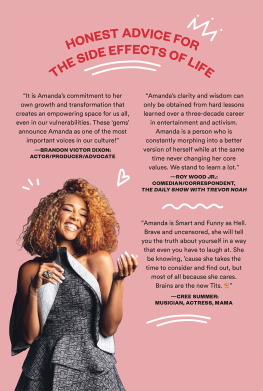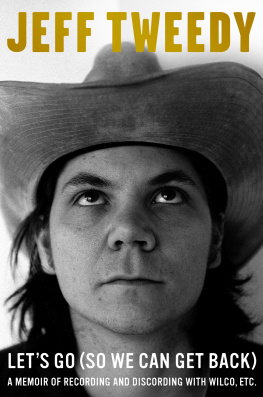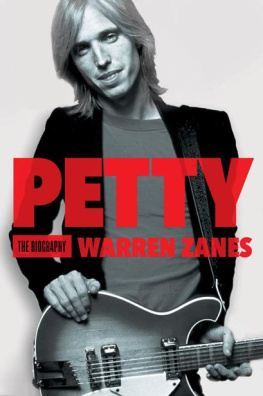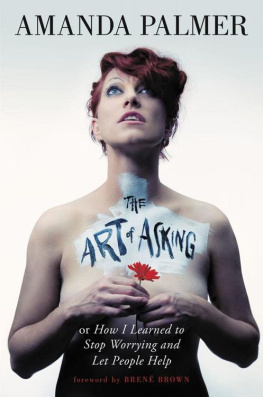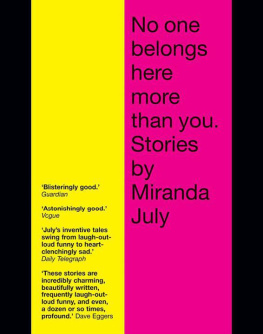
An imprint of Penguin Random House LLC
375 Hudson Street
New York, New York 10014

Copyright 2018 by Dessa Wander
Penguin supports copyright. Copyright fuels creativity, encourages diverse voices, promotes free speech, and creates a vibrant culture. Thank you for buying an authorized edition of this book and for complying with copyright laws by not reproducing, scanning, or distributing any part of it in any form without permission. You are supporting writers and allowing Penguin to continue to publish books for every reader.
A version of Daylight in New Orleans appeared in The New York Times Magazine as Wandering New Orleans After Seeing It from the Stage, March 21, 2017. A version of Going Empty appeared in The Art of Wonder (Minneapolis: Minneapolis Institute of Art, 2015). Sections of A Ringing in the Ears were posted and broadcast by Minnesota Public Radio, June 14, 2013. A section of How Hockey Breaks Your Heart appeared in Minnesota Monthly as Dessas GMO Dilemma, March 18, 2014.
DUTTON and the D colophon are registered trademarks of Penguin Random House LLC.
L IBRARY OF C ONGRESS C ATALOGING-I N-PUBLICATION D ATA
Names: Dessa, 1981 author.
Title: My own devices : true stories from the road on music, science, and senseless love / Dessa.
Description: New York, New York : Dutton, [2018]
Identifiers: LCCN 2017061172 (print) | LCCN 2017061527 (ebook) | ISBN 9781524742300 (ebook) | ISBN 9781524742294 (hc)
Subjects: LCSH: Dessa, 1981 | Rap musiciansUnited StatesBiography. | SingersUnited StatesBiography.
Classification: LCC ML420.D479 (ebook) | LCC ML420.D479 A3 2018 (print) | DDC 782.421649092 [B]dc23
LC record available at https://lccn.loc.gov/2017061172
While the author has made every effort to provide accurate telephone numbers, Internet addresses, and other contact information at the time of publication, neither the publisher nor the author assumes any responsibility for errors or for changes that occur after publication. Further, the publisher does not have any control over and does not assume any responsibility for author or third-party websites or their content.
Penguin is committed to publishing works of quality and integrity. In that spirit, we are proud to offer this book to our readers; however, the story, the experiences, and the words are the authors alone.
Version_1
Contents
Up on Two Wheels
I started rapping seriously, if inexpertly, at about the same time I fell in love (also seriously and inexpertly). I did both with the owner of a Ford Festiva. If youre unfamiliar with the model, its a cartoonishly small car. Imagine a large black man, dreadlocks tied in a blue bandanna, and a ponytailed brunette beside him; add cup holders and a stick shift, then laminate those people. Thats a Festiva. And that was us.
He was a chain-smoker, former drummer in a hardcore punk band. I was a chain-smoker, former valedictorian. He rapped with a group of guys who called themselves Doomtree; their CD featured a line drawing of a dead bird with Xs for eyes. Id just started making music and I thought the stuff he produced was strange and incredible; he recorded performances that I would have scrapped out of hand as imperfectvocal takes where he forgot a line and giggled, where his voice broke, where he was nearly out of breath. His songs didnt sound like the product of an artist in a big studio; they sounded like the proof of a person in a big feeling. He conducted even little, daily tasks in ways that would have never occurred to me. When I saw that hed entered my number into his phone under eff oh echs, I asked, What does that mean?
Youll get it.
I thought for a moment. I dont.
He laughed. Youre a fox.
At twenty-two, being loved by him was one of the best feelings Id ever had. Now, single at thirty-six, and having traveled the world many times over, not too many feelings have compared.
Id grown up in South Minneapolis as a brainy middle-class kid. When I was a girl, my parents called me Chatty Cathya nickname derived from a doll popular during the sixties with a pull string on her back, who emitted a constant stream of chatter until the string rewound. My mom says I announced my first real life goal from the throne of her office chair: I want to have a conversationyou know, where I talk, then you talk, then I talkbut all about the same thing. In grade school I was skinny, headstrong, but still eager to please. When I hit fourteen, dark moods started to cycle through. I cut off my long hair and walked down to the riverbank to dye it pink in the Mississippi. I started drinking and dressing as a boy; I ran away from home and slept outside for a few days, woke up fully clothed under a hedge to discover Id started my period. Wearing a Lakers cap pulled low, gas station clerks called me sir when I paid for the candy on the counter. I nursed coffees at the Hard Times Cafe, a sanctuary then for happy anarchists, busted-ups, and punks. Just so you know, the barista said, then reached beneath the counter to lift up a stack of posters with my face on them. My mom had papered the city, but the barista assured me Hard Times wouldnt hang them; I was safe there. Itd be a decade later, in a Saint Paul psych ward, that Id learn there was a word for those moods, and that they often linked to menstrual cycles. But they were intermittent through my teens and I kept my grades up, managed to stay clear of any real trouble. By the time I went to college, I was brunette again. I studied philosophy, attracted by the imaginative depressives who spent their workdays debating the design of the world. I finished my coursework in three years with honors, leaving with a degree, a functional angst, and a burning ambition that wasnt affixed to a particular objective. I knew I wanted to devote myself completely to somethingI wanted to be like the stressed-out lawyers on TV dramas who paced through the night with loosened ties and take-out boxes. I wanted to be considered a success and I wanted to be on the right side of a hard fight. But I wasnt sure what job or even what field to pursue. I was carrying a jet engine under my arm, looking for a plane.
Meanwhile, the boy whod eventually drive the Festiva did his growing up in an apartment unit, with a devoted single mom. He was a smiley, round-faced kid, with catlike, almost-black eyes. His dad split when he was six. He loved his mother effortlessly and absolutely, but had an irrepressible independent streak even when he was very small. Once, locked in the closet by a cousin, he managed to attract an adult rescue by banging against the door, his little muffled voice shouting in the dark, You cant keep a black man down! At fourteen, he got his first tattooleopard print on his left shoulder. He spent his teenage years skateboarding, learning to play bass, then drums. He recorded his bands onto cassettes, carried a rat in his pocket, did enough drugs to swear off them for a while, and eventually got expelled from high school for distributing anti-prom propaganda.
We spoke for the first time on the steps of The Playhouse, an arts compound in Uptown, Minneapolis. I was there visiting a friend, Yoni, who lived in the building. Although its since burned down, The Playhouse had twelve bedrooms, a recording studio in the attic, a slide that went from the second floor to the basement, and an iguana that I remember as the sole occupant of one of the third-floor units. Yoni had recently invited me to join his band, a hip-hop outfit where Id be one of three rappers. Initially, Id been hesitant to accept. I knew how to write essaysId taken writing classes in collegeand I had a good singing voiceI slayed Sheryl Crow and Fiona Apple at karaokebut Id never rapped before. Yoni had extended the offer based on the strength of a few pieces hed seen me perform at a poetry slam. Fuck it, I figured, it was exciting to be asked. And I needed a place for my jet engine.

